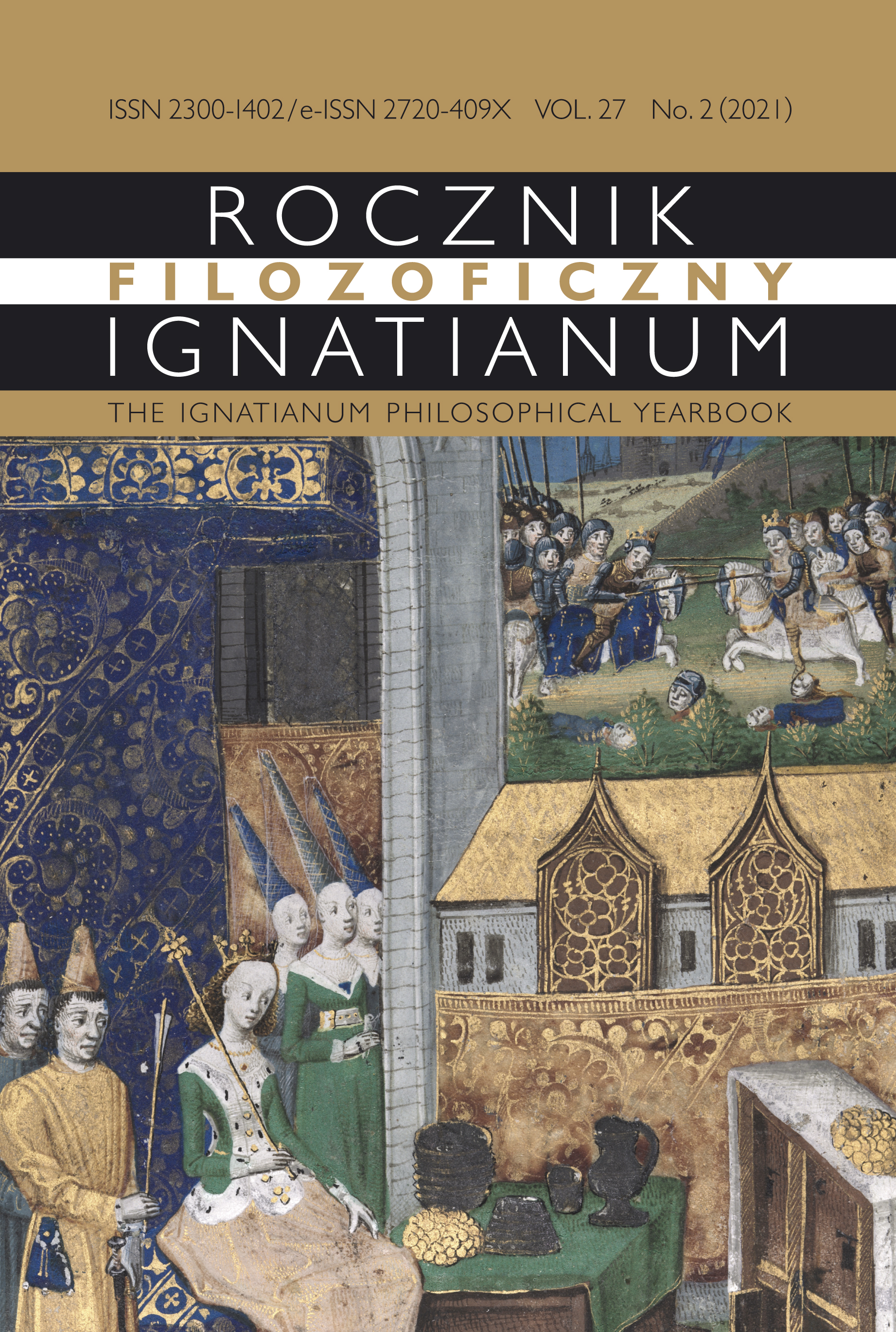Queen Jadwiga of Anjou’s Influence on the Composition of the Polish Episcopate
Abstract
This article aims to present Queen Jadwiga’ actual influence on nominations for episcopal sees during her reign (1384–1386) and joint rule with Władysław Jagiełło (1386–1399). Until now, except for Krzysztof Ożóg, researchers expressed only a marginal interest in the subject. The author cites relevant views contained in all major studies on Jadwiga’s reign as well as analyses all available sources, mainly printed ones, both papal documents and chronicles, with special regard to the works of Jan Długosz. Using the induction method, the author analyses 22 nominations for episcopal sees. Contrary to the views expressed in the literature of the subject, Jadwiga did not influence all episcopal nominations she has been attributed with. Nonetheless, in some cases (e.g. Piotr Wysz from Kraków, Andrzej Jastrzębiec from Vilnius) we may argue that she exerted noticeable pressure; in other instances it was probably only more or less subtle. In all analysed nominations, whenever her role was clearly proved in sources, we may notice that Jadwiga was invariably cooperative in the common ecclesiastical policy which she pursued together with her husband. For example, both took advantage of the Holy Sees’ vulnerability in the era of the Occidental Schism, which allowed them to push their own candidates for episcopal seats. The present analysis revealed that with regard to the majority of most prestigious bishoprics in the Kingdom of Poland it was Jagiełło who had key influence on candidates for episcopal nominations, building his own political power base. At the same time, certain episcopal promotions, especially those in Ruthenia, Moldova and Mazovia, were reported inadequately and in few sources, hence Jadwiga’s and Władysław’s influence on the nominations of bishops can only be hypothetically determined.
Copyright (c) 2021 Jesuit University Ignatianum in Krakow

This work is licensed under a Creative Commons Attribution-NoDerivatives 4.0 International License.
The Yearbook only accepts materials for publication that are free of all conflicts of interest, and that in no way involve conflicts over authorship, copyright, etc. The Editors will take action against any cases of plagiarizing, ghostwriting1, guest/honorary authorship2, etc. Where co-authored work is concerned, the Author listed first is expected to take responsibility for the submission, and is required to make clear the contributions of all of the Co-Authors involved. In the event of the publication owing its existence to funding dedicated to this purpose, this fact should be made clear: e.g. in any note of thanks/acknowledgement, or in a footnote, etc. Explicit notification should be given of any form of reprinting, with the appropriate evidence of permission to publish being furnished as required. Any impropriety on the part of Authors/Reviewers risks exposing them to appropriate responses from the relevant institutions.
______
1 This term refers to instances of a person who has made an essential contribution being omitted from the list of authors, or from notes conveying gratitude and/or acknowledgement.
2 This occurs when a person who has made either an insignificant contribution or no contribution at all nevertheless appears on the list of authors.





